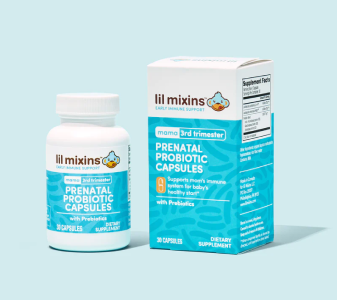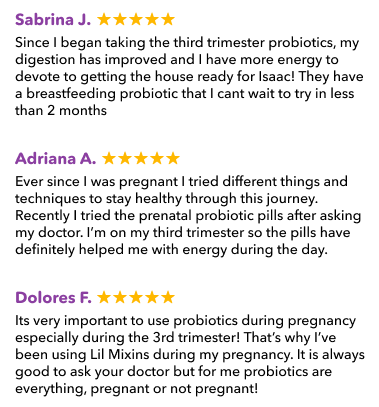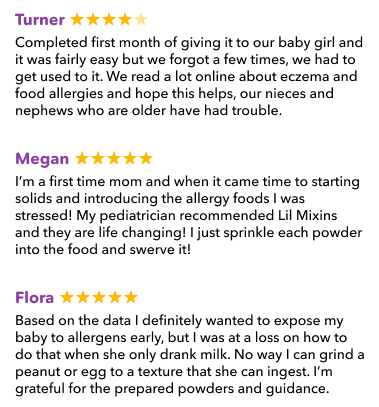Measuring Eczema Severity on a Baby
Eczema, the “itch that rashes,” is usually the first allergic disease to show-up. It is a giant warning sign that a baby’s immune system is overactive and not working correctly.
The hallmark of eczema is persistent red, dry skin on the face, especially the cheeks and forehead, in the arms near the elbows and wrists, and behind the knees as a baby starts to crawl. If a baby has enough hand control to scratch, the itchy skin can become thickened and scaly.
The severity of eczema - how bad it is, and the age of onset - how early a baby develops eczema can tell us a lot about a baby’s chances of developing food allergies, infections, asthma, and more.
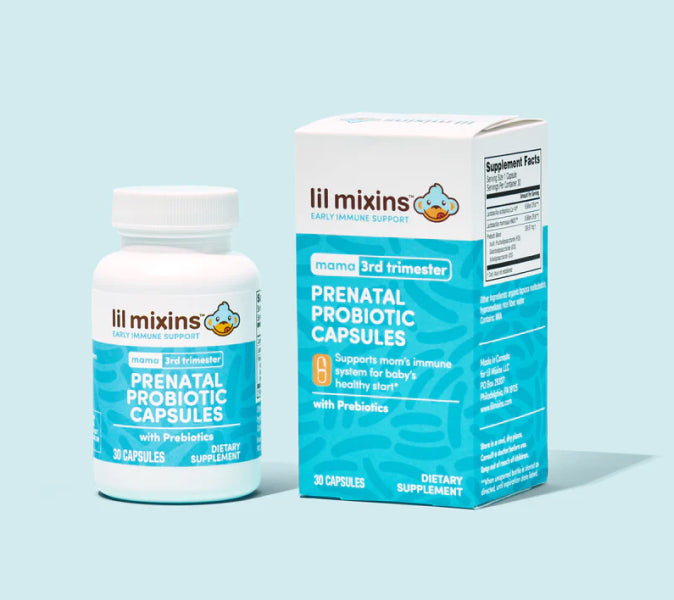
Shop Prenatal Probiotic Capsules One-Month Supply
What is the EASI Score and How Does It Measure Eczema Severity?
Doctors use a tool called the EASI tool to measure eczema severity. EASI stands for eczema area and severity index. According to the EASI Score system, doctors will look for:
- Redness - mild, moderate, or very red
- Swelling - is the skin puffy
- Oozing pus or water - looking for signs of infection
- Signs of scratching - to decide how itchy the skin is
- Skin thickening - the longer skin is upset, the more thickened it gets
The definition of severe eczema is
- Persistent (always there) or frequently recurring, with..
- Severe symptoms, that...
- Needs prescription strength medicine to control...
- ...even though parents are trying to prevent flares
We have a tool you can use to measure eczema severity and bring information to your doctor.
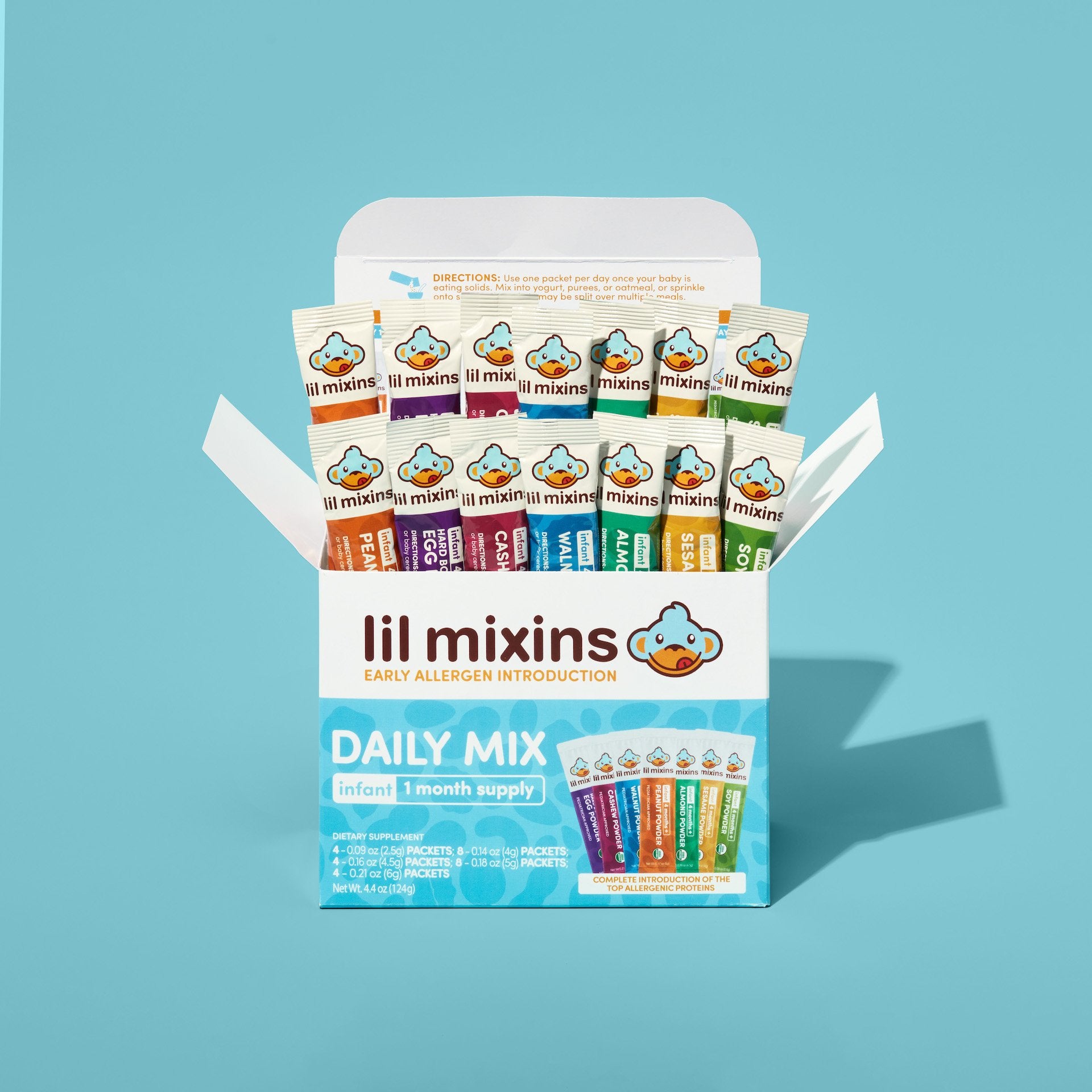
Shop Daily Mix One-Month Supply
Can You Predict Severe Eczema?
Eczema only happens to dry skin. If the skin barrier is working correctly, then eczema usually can’t happen or won’t happen. Since eczema is the first sign of other immune problems, doctors have been trying to figure out how to see eczema before it starts.
They developed a test called TEWL which stands for Trans-Epidermal (skin) Water Loss. It measures how much water the skin is losing. All skin lets out water to clean itself and to keep the body cool. But healthy skin should retain a lot of water too.
A TEWL meter is placed on anyone’s skin, even a newborn, to measure the amount of water loss. A high TEWL score means the baby's skin is losing a lot of water, while a low score means the skin is properly trapping the right amount of water.

An example of a TEWL-meter
A study of almost 2000 newborns at Cork University Maternity Hospital took TEWL scores of newborns and showed that a high TEWL score at 2 days old could predict eczema at 12 months, and a low TEWL score predicted an eczema-free baby at 12 months.
For families with a history of eczema or allergies, TEWL could be a way to know that they should begin using emollients right from birth and introduce allergens early.
It’s Severe Eczema. Now what?
Because eczema usually develops way before a baby starts eating, your first priority should be to prevent or control eczema flares so that your baby’s skin doesn't have cracks, doesn’t get infected, and so that they don’t scratch.
The second most important tool you have is to train your baby’s body to recognize foods as safe and harmless. Early, regular feedings of nuts, eggs, peanut, dairy, and wheat can train your baby’s immune system not to have allergic reactions to food.


